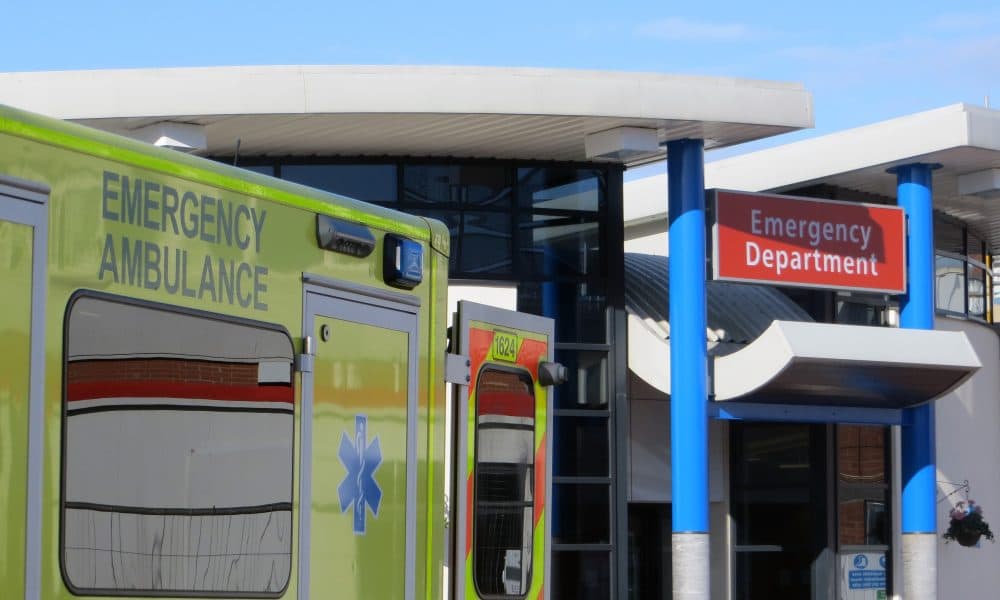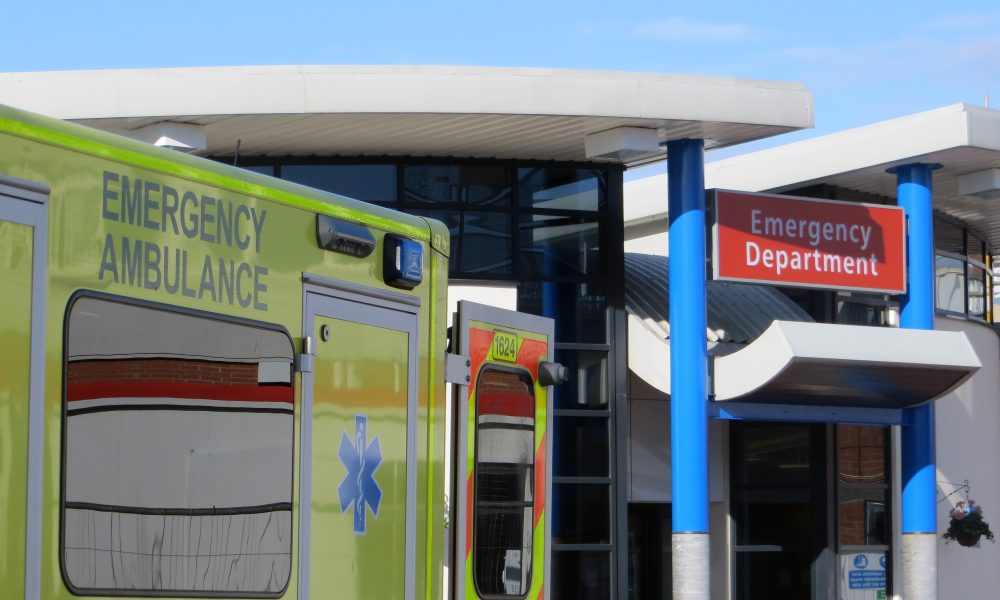
A new study led by researchers at the University of Birmingham could result in a rapid non-invasive diagnostic test to quickly and accurately identify stroke patients who need time-critical treatment before irreversible brain damage occurs.
Funded by the Stroke Association, the Golden HOur for STroke (GHoST) study could revolutionise the way emergency treatment for stroke is managed.
Dr Richard Francis, Head of Research at the Stroke Association said: “We are excited to be funding this study because it has the potential to reduce death and disability caused by strokes, both in the UK and around the world.
”Having a saliva test would be a massive step forward in pre-hospital diagnosis for stroke and really help people to get the right diagnosis, to get to the right hospital for the right treatment and in the quickest time.
“The potential success of this trial may also massively benefit countries without ready access to brain scanning equipment.”
Rapid transfer to hospital and diagnosis is incredibly important if a stroke is suspected.
When it comes to treating a stroke ‘time is brain’, which is why rapid diagnosis and treatment are key to reducing risk of death and severity of disability.
Some treatments, such as thrombolysis or mechanical thrombectomy are most effective when administered within hours of symptom onset.
Ambulance personnel currently use symptom checklists to identify stroke, with a full assessment usually taking place at a Hyperacute Stroke Unit and before transfer to a specialist neuroscience unit for treatment.
In the UK, transfer can add at least an hour to the treatment pathway.
The GHoST study, led by Professor Antonio Belli, Professor of Trauma Neurosurgery at the University of Birmingham’s Institute of Inflammation & Ageing, aims to identify biomarkers in blood, urine, or saliva, that will enable rapid diagnosis so patients can be routed directly to the most appropriate treatment centre.
The research team has previously identified that the concentration of specific molecules in saliva changes rapidly after a traumatic brain injury.
A three-year study in elite rugby found that these biomarkers can be used in next-generation diagnostic tests that can rapidly and reliably detect concussion.
Professor Belli said:
He explained: “Our previous studies detected ultra-early biomarkers and cellular responses that had never been reported in human studies before and resulted in a non-invasive diagnostic test that could change the way concussion is managed.
“In conjunction with our industry partner Marker Diagnostics, we’re now looking to repeat this success with stroke.”
The GHoST study will use the same methodology as these previous trials.
Trained paramedics will collect saliva, urine and blood samples from patients with suspected stroke within the first hour after the onset of symptoms.
Further sampling will continue in hospital, while patients receive standard clinical care.
The researchers will pay particular attention to salivary small non-coding RNAs (sncRNAs).
These small molecules, which are abundant in saliva, were probably the most exciting discovery in previous studies, which found that they could be used in tests to differentiate between concussed and non-concussed patients.
While the GHoST study will be the first to investigate whether there are sncRNAs that are specific to stroke, previous research has confirmed stroke-specific RNA biomarkers in the blood.
The researchers hope to identify sncRNAs that will accurately identify stroke and distinguish it from stroke-mimicking conditions, such as seizure or migraine, which account for 30-40 per cent of emergency ambulance admissions with suspected stroke.
The scientists will also be investigating whether biomarkers can differentiate between the two main types of stroke (ischaemic and haemorrhagic) which need diametrically different treatment.
Ischaemic stroke, caused by a blood clot, accounts for over 80 per cent of strokes and requires either clot-busting drugs or the surgical removal of the blood clot via an artery (thrombectomy), while haemorrhagic strokes, caused by a brain bleed, may require brain surgery.
Results from the three-year study are expected in late 2026.




